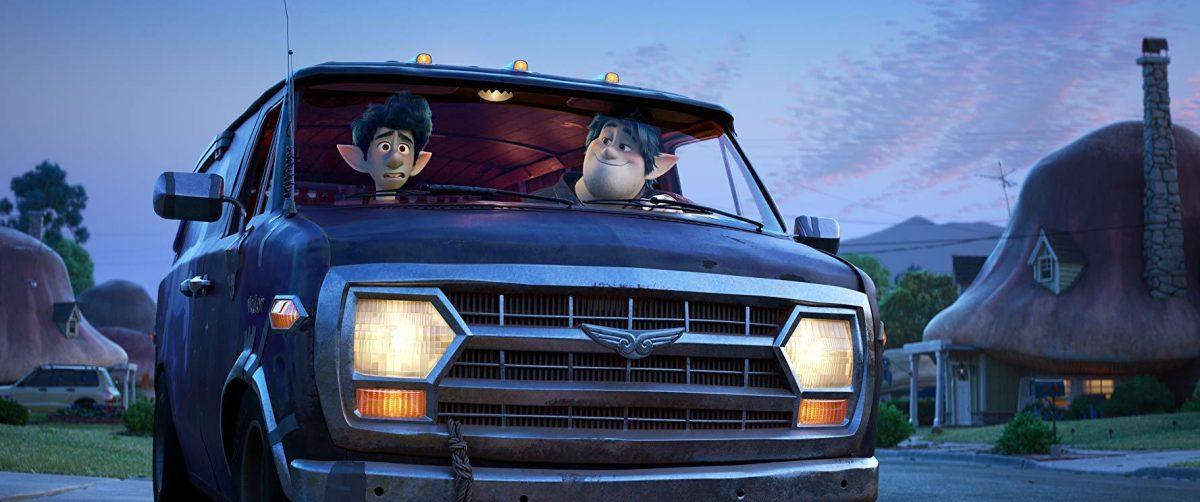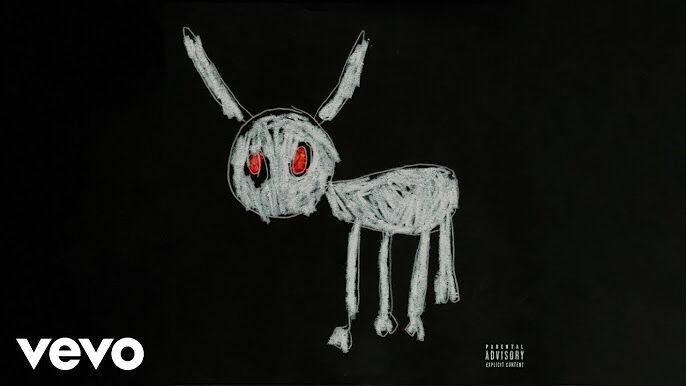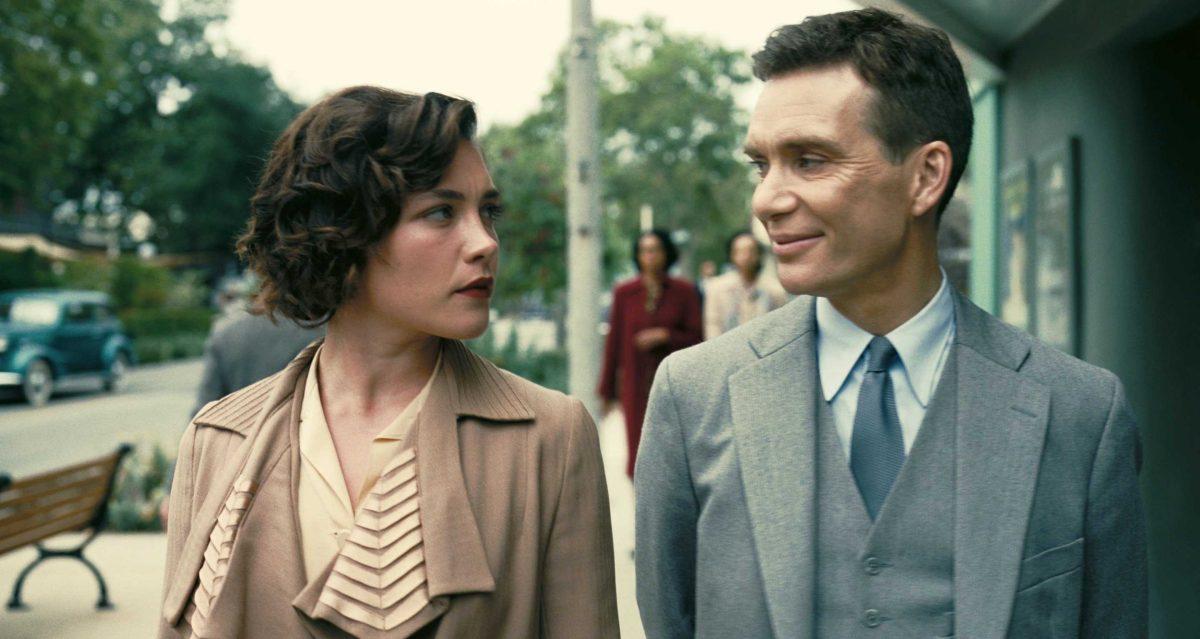Stars: 5/5
Disney-Pixar’s “Onward” is a cute yet epic Odyssean caliber of fantasy story with valuable themes and touching sentiments fit for any audience. Ian and Barley Lightfoot, suburban teenage elves, undertake a time-sensitive journey accompanied by half of their father to restore the other half and spend Ian’s 16th birthday together before sundown.
The characters’ associated goals, values, stage in life and themes variably differ but work complementary to each other. One looks to discover and become his authentic self while the other knows who he is and what he loves and struggles to fit in and find success due to his nature.
The humor is primarily in the ways the modern world intersects with the fantastical and is surprisingly not dumbed down or cheapened to appeal to younger audiences. Anyone can giggle at a troll working a toll bridge or feral unicorns replacing possums as universal dumpster bandits.
Even better, there is no easily (and annoyingly) brandable cute animal/abomination like a Porg or Minion to worry about filling toy stores for the next two years. Situations and character interactions strongly carry the humorous aspect of the film.
“Onward” is a testament to Pixar’s ability to tailor a message for its lifelong audiences. The fantasy settings and nonhuman characters keep the seriousness of the subject matter at arm’s length to make for lighthearted and appropriate movies.
The kids that grew up on “Toy Story” and “Monsters, Inc.” learned about friendship and the world around them from adult monsters and ambiguously immortal plastic cowboys and a spaceman. While most viewers are not teenage elves, “Onward” makes its main characters Ian and Barley relatable in previously unexplored ways in Pixar movies.
Apart from minor differences in his exploration of self (like discovering latent magical powers), Ian embodies the trademark insecurity and sense of displacement closely associated with preteen to early teenage years.
For viewers younger and the same age as him, his uncertainty and fragility accurately shows the normality of such inevitable and unpleasant feelings in a comforting way.
For older viewers, Ian represents a once painful time in life that’s (hopefully) turned reminiscent with maturity, newfound confidence and clarity about one’s desires and nature. The familial message is strong and heart wrenching regardless of the extent to which it applies to a viewer’s personal life.
Our human world at this juncture in time is one without an obvious and accessible frontier, so we stifle our instinct to explore. We lack the technology to thoroughly explore space and the ocean, and most people opt out of cave diving like Indiana Jones to uncover treasures of the past.
“Onward” reminds its audience not to settle with monotony and stagnate behind a desk. It may not be a quest-giving Manticore or a legendary mythical well, but there’s something around every corner to inspire wonder and make the world seem a bit more magical.









